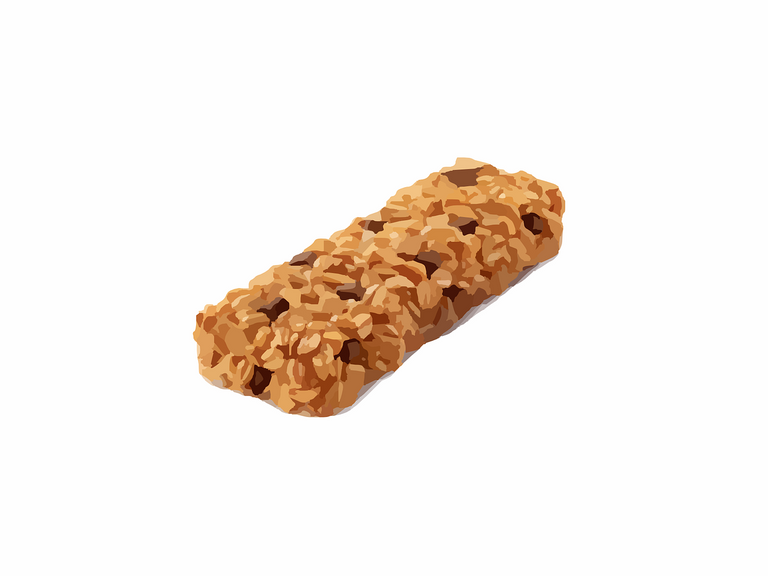The Drawbacks of Protein Bars: What You Need to Know
Protein bars have become a popular go-to snack for many fitness enthusiasts and health-conscious individuals. While they offer convenience and a quick source of protein, it's important to be aware of their potential drawbacks. Here are some disadvantages of consuming protein bars:
1. High in Added Sugars
Many protein bars contain high amounts of added sugars to enhance their taste and palatability. Excessive sugar intake can lead to weight gain, blood sugar spikes, and an increased risk of chronic diseases like diabetes and heart disease.
2. Artificial Ingredients
Protein bars often contain artificial flavors, colors, and preservatives to prolong shelf life and enhance flavor. These additives may have negative health effects and could cause digestive issues or allergic reactions in some individuals.

3. Lack of Nutrient Variety
While protein bars are high in protein, they often lack the diverse range of nutrients found in whole foods. Relying too heavily on protein bars as a source of nutrition may lead to deficiencies in essential vitamins, minerals, and fiber.
4. Calorie Density
Some protein bars can be calorie-dense, meaning they provide a significant amount of calories in a small serving size. Consuming these bars regularly without considering their calorie content may contribute to weight gain or hinder weight loss efforts.

5. Digestive Issues
Protein bars that contain certain types of protein, such as whey or soy, may cause digestive discomfort or bloating in sensitive individuals. Additionally, the high fiber content in some bars could lead to gastrointestinal distress if consumed in excess.
6. Cost
Compared to whole food sources of protein, such as lean meats, eggs, or legumes, protein bars can be relatively expensive. Regularly purchasing protein bars as a snack or meal replacement option may not be cost-effective for everyone.
7. Potential Allergens
Many protein bars contain common allergens like nuts, soy, dairy, and gluten. Individuals with food allergies or sensitivities need to carefully read ingredient labels to avoid consuming bars that may trigger an allergic reaction.
8. Not a Substitute for Whole Foods
While protein bars can be convenient for on-the-go nutrition, they should not replace whole, nutrient-dense foods in your diet. Whole foods provide a wider range of essential nutrients and are generally more satisfying and filling than processed bars.

9. Artificially Elevated Protein Content
Some protein bars claim to offer a high protein content but achieve this by adding low-quality protein sources or protein isolates. These sources may not be as beneficial for muscle recovery and growth compared to natural protein sources.

10. Environmental Impact
The production and packaging of protein bars can have environmental consequences, including carbon emissions, resource depletion, and plastic waste. Opting for sustainable protein sources and minimizing single-use packaging can help reduce your ecological footprint.
While protein bars can be a convenient option for occasional use, it's essential to consume them in moderation and prioritize whole, minimally processed foods in your diet. Be mindful of their drawbacks and choose bars that align with your nutritional needs and health goals.

